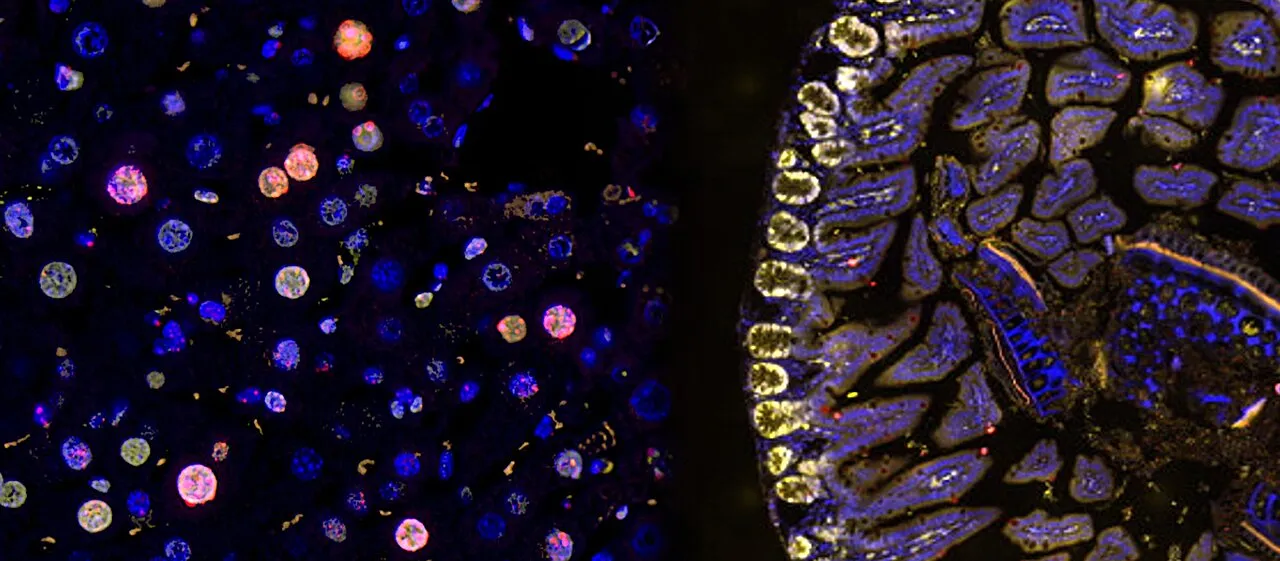Health Research: Scientists Discover Hidden Mutations in Non-Coding DNA and Aging

Aging and Organ Health: A Breakthrough in Medicine Research
A recent study from the University of Geneva has showcased that the accumulation of mutations in non-coding DNA may be a significant factor in why certain organs experience aging more rapidly than others. This research challenges previous theories and emphasizes the importance of looking beyond traditional genetic markers. The relationship between non-coding DNA mutations and organ aging sheds light on potential interventions that could enhance health outcomes.
Key Findings in Health Research
- Hidden mutations can accelerate organ aging.
- Health science reveals that focusing on non-coding regions of DNA is crucial.
- Future medicine science could lead to targeted therapies aimed at aging.
Disclaimer: The information provided on this site is for informational purposes only and is not intended as medical advice. We are not responsible for any actions taken based on the content of this site. Always consult a qualified healthcare provider for medical advice, diagnosis, and treatment. We source our news from reputable sources and provide links to the original articles. We do not endorse or assume responsibility for the accuracy of the information contained in external sources.
This article was prepared using information from open sources in accordance with the principles of Ethical Policy. The editorial team is not responsible for absolute accuracy, as it relies on data from the sources referenced.